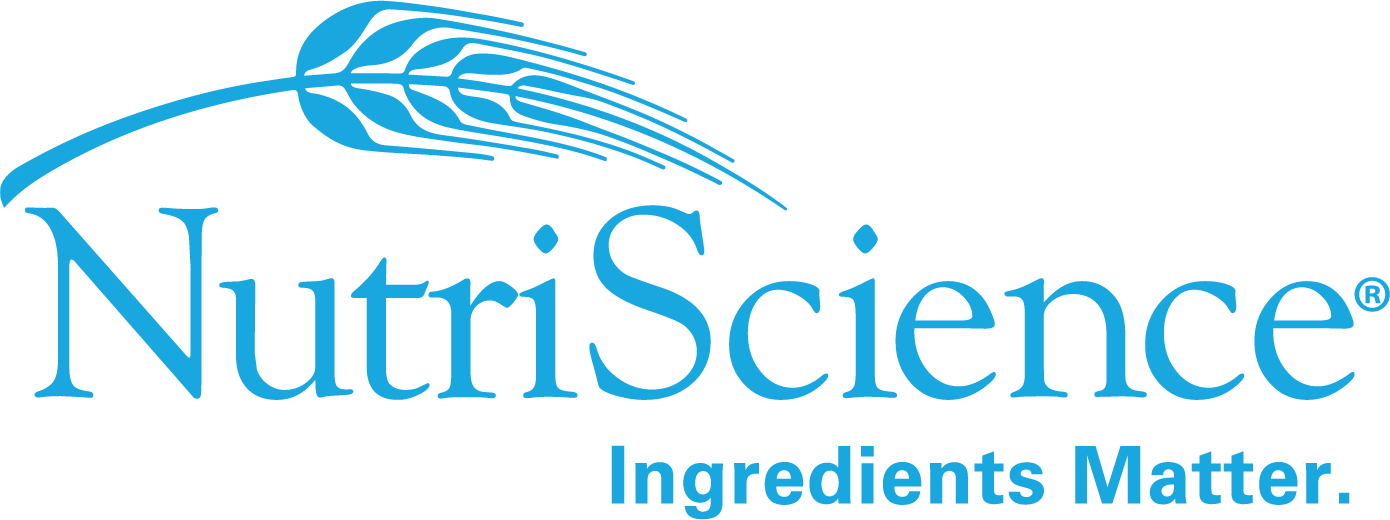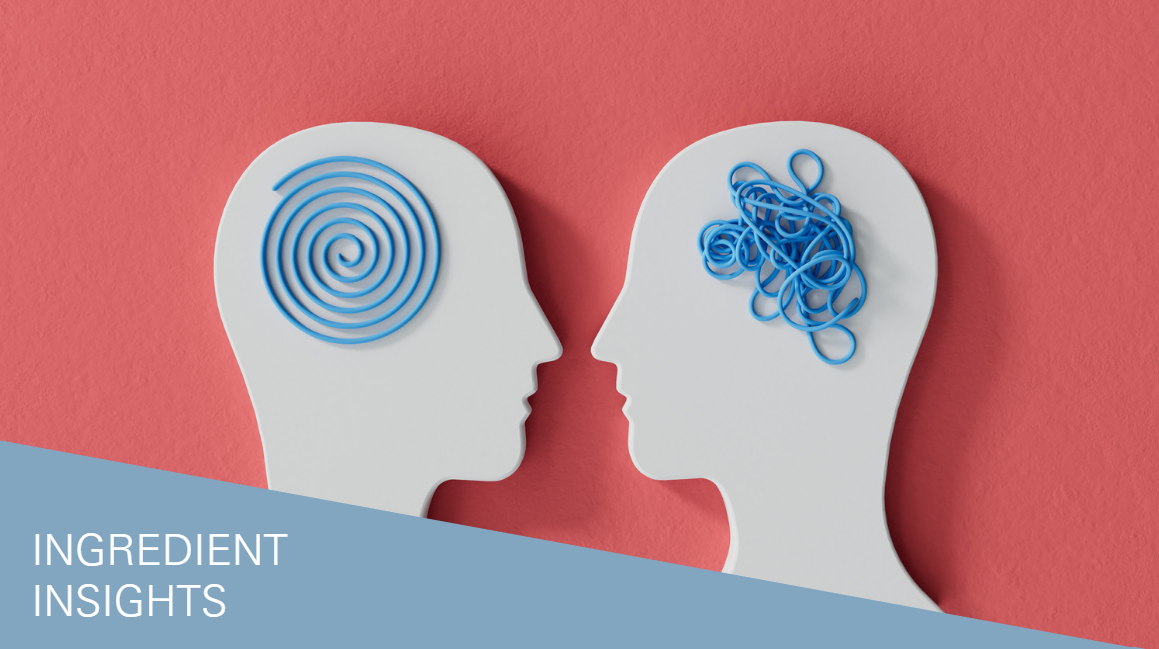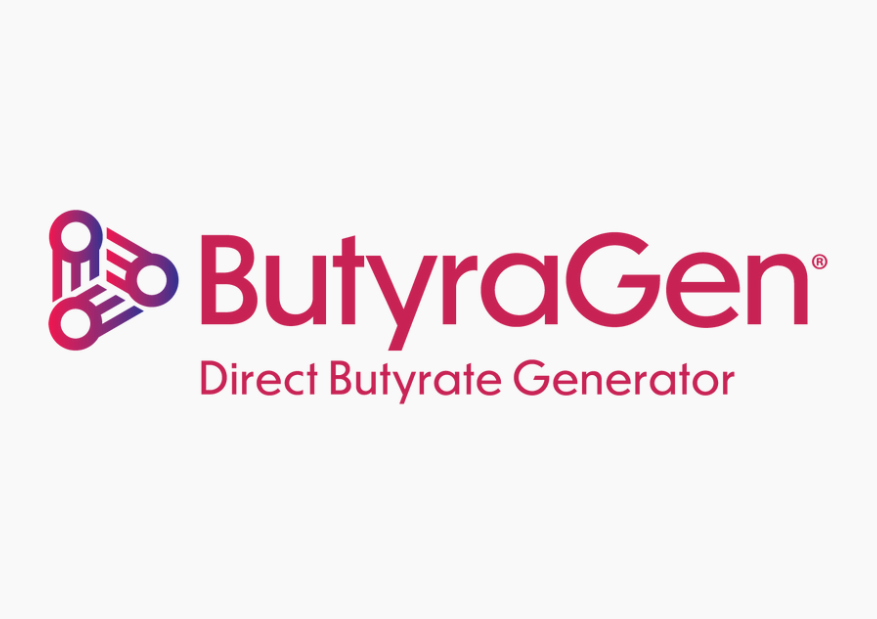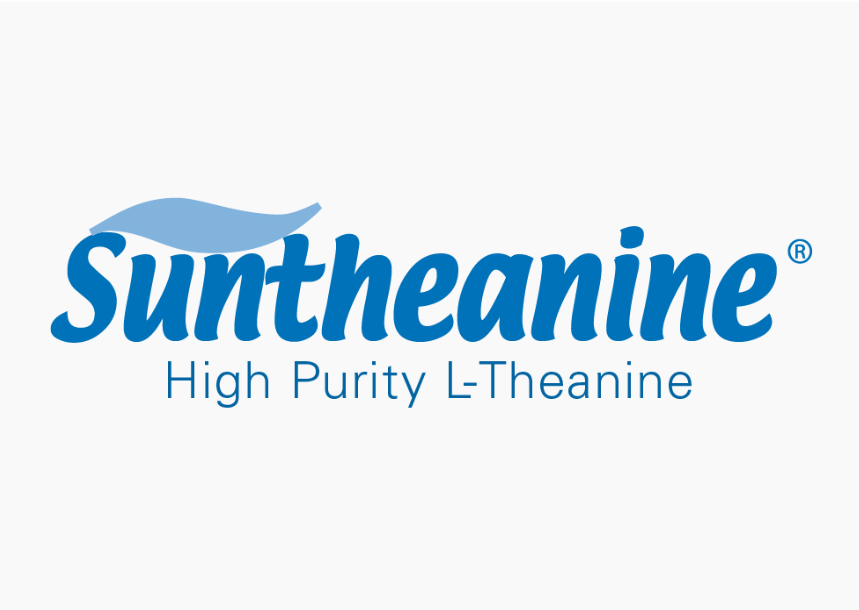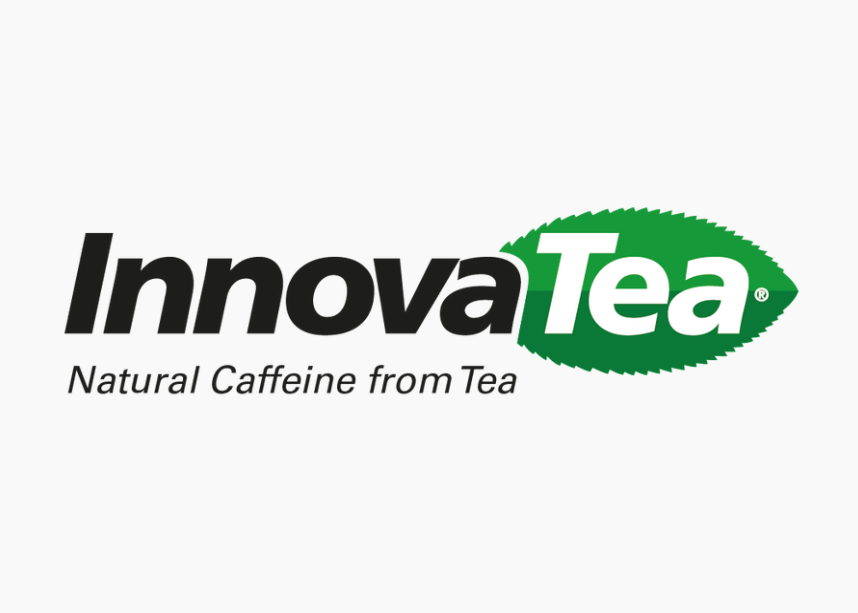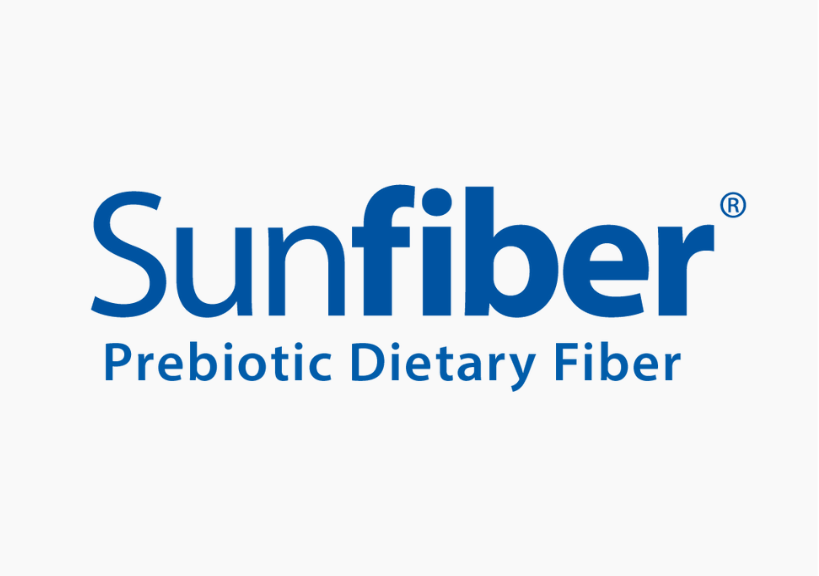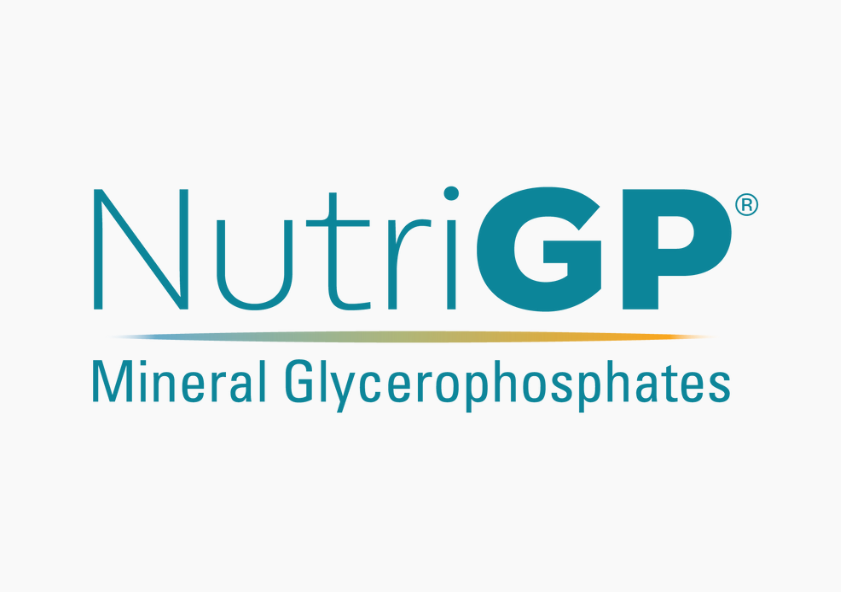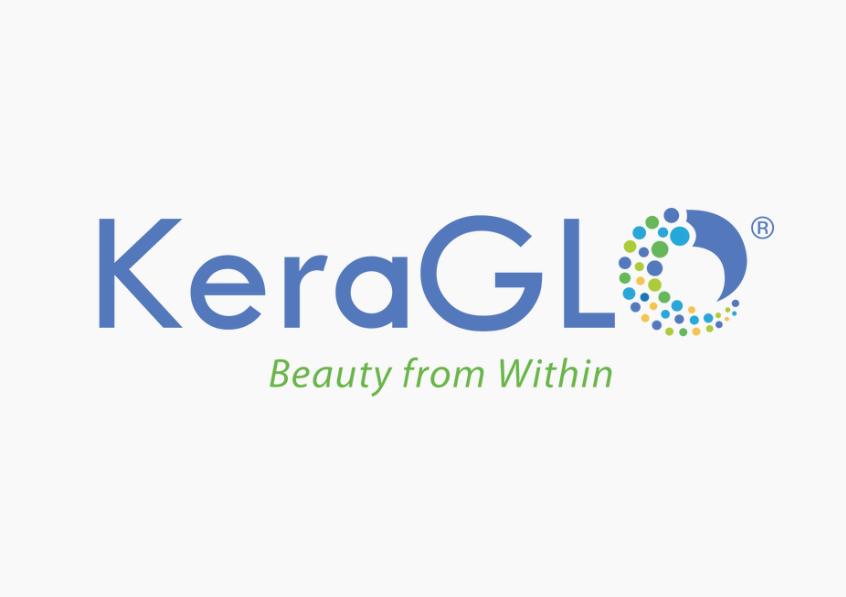Many different kinds of foods, natural substances, herbals, fungi, algae, and synthetics can act as nootropics and positively influence brain function or cognitive health. Some of these can cross the blood-brain barrier, a barrier made up of a network of blood vessels and tissue that is critical to protecting the brain from harmful substances. GABA (γ-aminobutyric acid) is considered a primary neurotransmitter that is present in the brain and acts on GABA receptors in the brain, consequently affecting cognitive health. However, an interesting quandary is that GABA itself is not known to directly cross the blood-brain barrier. Therefore, taking GABA as a dietary supplement may not be effective, although there are believed to be some secondary mechanisms whereby some GABA gets to the brain.
As complicated as the brain is, it makes sense that different compounds act on and affect the brain in unique ways. There are hundreds of dietary ingredients that have been studied for their effects on cognitive health, and hundreds of nootropics on the market that can benefit cognition. To start, let’s take a look at the categories these ingredients fall under:
- Cognitive Health
- Cognitive Health is the health and performance of our brain activity. Throughout the day and night, our brain performs many functions. Some of these are related to maintaining bodily functions – for example, motion – through the connection with the central nervous system (CNS). There are also many brain functions that are focused on how we perform mental tasks – for example, memory, focus, attention, recall, creativity, etc. Cognitive health refers to our ability to perform these kinds of mental tasks.
- Brain Health
- Brain Health can be considered cognitive health, and the two are often viewed synonymously. However, brain health also covers the proper biological and physiological functioning of the brain as an organ. Common concerns around brain health may include questions like, “Is adequate oxygen getting to the brain through the blood?”, “Am I getting enough quality sleep to support brain health?”, or “Is there too much stress being put on the brain?”. Brain health can be negatively impacted by traumatic events, such as a stroke, leading to deteriorated brain function and decreased cognitive performance.
- Nootropics
- So, what are nootropics? Nootropics are ingredients which help improve brain function and cognitive health. Nootropics can be foods, synthetic chemicals, natural substances, or drugs that positively affect cognition. Nootropics can act on neurotransmitters (such as GABA), hormones (such as dopamine and serotonin) or enzymes in the brain and the CNS. Nootropics can also directly or indirectly affect cell receptors (such as GABA receptors) in the brain. Additionally, nootropics can act on oxygen transport or increase blood flow to the brain.
While we can’t cover all of the ingredients falling under these categories in a single post, we can take a look at just a few innovative cognitive ingredients with distinct mechanisms of action and powerful benefits:
L-Theanine
L-theanine is an amino acid found in tea leaves that has been consumed for thousands of years for its wide variety of health benefits. From a mechanistic perspective, L-theanine has the ability to cross the blood-brain barrier. Once the L-theanine is in the brain, it’s converted to GABA – this then acts on GABA receptors to improve cognitive health. Additionally, L-theanine acts to increase levels of the hormones dopamine and serotonin, which also support to cognitive health. Suntheanine® is a unique form of L-theanine, made by an enzymatic process which mimics how L-theanine is formed in tea leaves. Suntheanine® has hundreds of clinical and scientific studies to support claim areas such as improved mental focus, better sleep quality, reduced stress, and many more cognitive benefits. By virtue of L-theanine being able to cross the blood-brain barrier, Suntheanine® can work in multiple modes to improve the health and function of the brain.
Butyrate and Short-Chain Fatty Acids (SCFAs)
Butyrate is a short chain fatty acid (SCFA) produced in the gut by the action of probiotics consuming prebiotic substrate (either from food sources or dietary supplementation). Butyrate has benefits across the body, acting as a critical signaling molecule for improving gut health and for gut-related effects on other organs via the gut-brain axis. When butyrate is generated in the gut, it crosses the intestinal barrier and is absorbed into the bloodstream, where it is then carried by the blood and crosses the blood-brain barrier. In this case, instead of producing GABA directly (like Suntheanine®), or indirectly enhancing the generation of GABA, butyrate acts on the brain through various receptors on brain cells. These receptors include G-coupled protein receptors (GCPRs) and histone deacetylases (HDACs). ButyraGen™ is a new, innovative direct butyrate generator. ButyraGen® short circuits the typical process of butyrate generation (probiotic digestion of prebiotic substrate) and generates butyrate directly in the gut. ButyraGen™ supports cognitive health via this unique mechanism of action.
With so many different mechanisms for nootropics to affect cognitive health, how do we make decisions on which to include in a formula? This is a hard question to answer. For almost every biological and physiological process in the body, there are multiple mechanisms of action. The body has multiple redundancies, multiple pathways, and multiple mechanisms of action. This is the way the body helps achieve homeostasis. Therefore, from a nootropic perspective, combining different nootropics with different modes of action in fact begins to mimic the body in its action – so, this approach might be considered a favored approach. Another approach is to choose one good ingredient, and supersize the dose. There are many formulation strategies available to brands, and this is what makes the topic of nootropics so interesting. The best formulators will consider these factors in creating efficacious, safe, and innovative products for consumers.
________________________________________________________________________________________________________________
NutriScience Innovations develops and markets innovative ingredients for the dietary supplement and functional food markets. To learn more about our cognitive health and nootropic ingredients, please contact [email protected].
